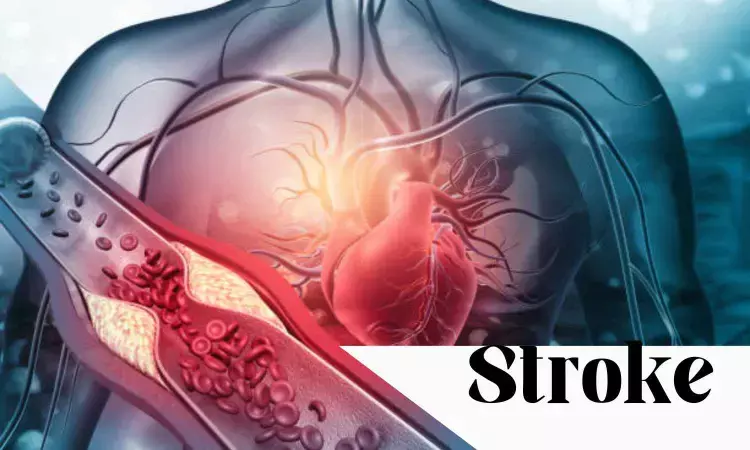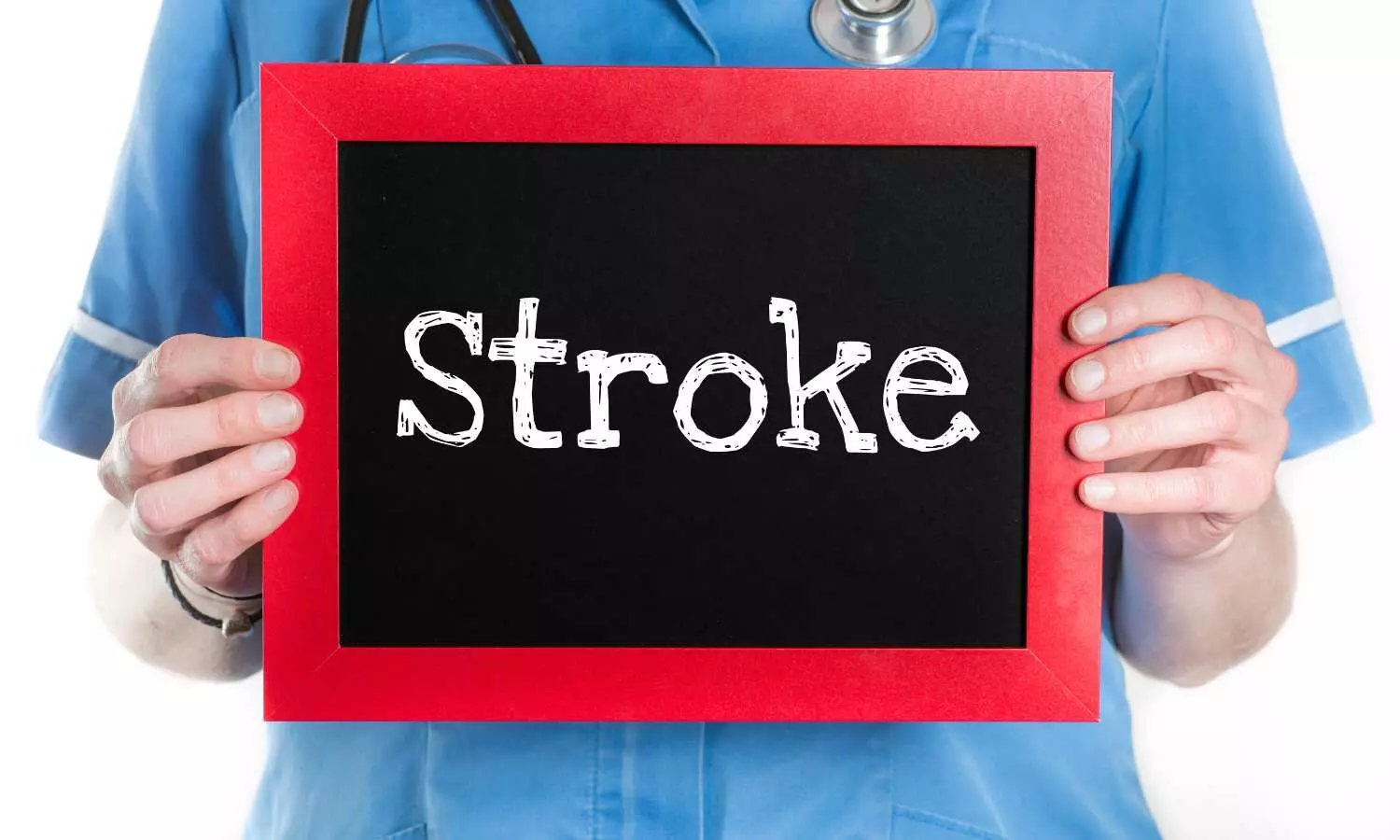- Home
- Medical news & Guidelines
- Anesthesiology
- Cardiology and CTVS
- Critical Care
- Dentistry
- Dermatology
- Diabetes and Endocrinology
- ENT
- Gastroenterology
- Medicine
- Nephrology
- Neurology
- Obstretics-Gynaecology
- Oncology
- Ophthalmology
- Orthopaedics
- Pediatrics-Neonatology
- Psychiatry
- Pulmonology
- Radiology
- Surgery
- Urology
- Laboratory Medicine
- Diet
- Nursing
- Paramedical
- Physiotherapy
- Health news
- Fact Check
- Bone Health Fact Check
- Brain Health Fact Check
- Cancer Related Fact Check
- Child Care Fact Check
- Dental and oral health fact check
- Diabetes and metabolic health fact check
- Diet and Nutrition Fact Check
- Eye and ENT Care Fact Check
- Fitness fact check
- Gut health fact check
- Heart health fact check
- Kidney health fact check
- Medical education fact check
- Men's health fact check
- Respiratory fact check
- Skin and hair care fact check
- Vaccine and Immunization fact check
- Women's health fact check
- AYUSH
- State News
- Andaman and Nicobar Islands
- Andhra Pradesh
- Arunachal Pradesh
- Assam
- Bihar
- Chandigarh
- Chattisgarh
- Dadra and Nagar Haveli
- Daman and Diu
- Delhi
- Goa
- Gujarat
- Haryana
- Himachal Pradesh
- Jammu & Kashmir
- Jharkhand
- Karnataka
- Kerala
- Ladakh
- Lakshadweep
- Madhya Pradesh
- Maharashtra
- Manipur
- Meghalaya
- Mizoram
- Nagaland
- Odisha
- Puducherry
- Punjab
- Rajasthan
- Sikkim
- Tamil Nadu
- Telangana
- Tripura
- Uttar Pradesh
- Uttrakhand
- West Bengal
- Medical Education
- Industry
Elective Surgery within 1 year of an ACS or stroke associated with increased postoperative mortality: JAMA

In a groundbreaking investigation, researchers have delved into the often-debated realm of postoperative mortality risks following acute coronary syndrome or stroke. The study found that following an acute coronary syndrome or stroke, undergoing elective procedures within one year was linked to an increased risk of postoperative mortality until a new baseline was established.
The study results were published in the journal JAMA Surgery.
The study, conducted as a longitudinal retrospective population-based cohort analysis, sought to illuminate both the extent and duration of risks associated with the temporal proximity of a preoperative cardiovascular event and the likelihood of 30-day postoperative mortality. Hence, researchers conducted a longitudinal retrospective population-based cohort analysis, to illuminate both the extent and duration of risks associated with the temporal proximity of a preoperative cardiovascular event and the likelihood of 30-day postoperative mortality.
The comprehensive study, utilizing data from the Hospital Episode Statistics for National Health Service England, the Myocardial Ischaemia National Audit Project, and the Office for National Statistics mortality registry, spanned the period from April 1, 2007, to March 31, 2018. Inclusion criteria involved all adults undergoing National Health Service–funded noncardiac, non-neurologic surgery in England. The meticulous analysis of this extensive dataset took place from July 2021 to July 2022.
The focus of the investigation was on the time interval between a previous cardiovascular event (acute coronary syndrome or stroke) and the scheduled surgery. Primary outcomes centered on 30-day all-cause mortality, with secondary outcomes extending to postoperative mortality at 60, 90, and 365 days. The study employed multivariable logistic regression models with restricted cubic splines to estimate adjusted odds ratios.
Findings:
- The results, drawn from a cohort of 877,430 patients with a prior cardiovascular event and 20,582,717 without, revealed a notable association between increased postoperative mortality risk and surgery within 11.3 months (95% CI, 10.8-11.7) for those with a previous cardiovascular event.
- Subgroup analysis indicated varying risks for elective (14.2 months, 95% CI, 13.3-15.3) and emergency surgery (7.3 months, 95% CI, 6.8-7.8), with heterogeneity observed across surgical specialties.
- While the time-dependent risk intervals following stroke and myocardial infarction were similar, the absolute risk was higher following a stroke.
- Notably, regardless of surgical urgency, the risk of 30-day mortality was elevated for both emergency surgery (adjusted hazard ratio, 1.35; 95% CI, 1.34-1.37) and elective procedures (adjusted hazard ratio, 1.83; 95% CI, 1.78-1.89) in those with a prior cardiovascular event compared to those without.
The study's conclusions underscore the significance of a nuanced approach, indicating that surgery within one year of an acute coronary syndrome or stroke is associated with heightened postoperative mortality risks, particularly concerning elective procedures. These findings provide crucial insights for both clinicians and patients, offering guidance in navigating the delicate balance between the potential benefits of surgery and the imperative to minimize the risks of increased mortality following recent cardiovascular events.
Further reading: Chalitsios CV, Luney MS, Lindsay WA, Sanders RD, McKeever TM, Moppett I. Risk of Mortality Following Surgery in Patients With a Previous Cardiovascular Event. JAMA Surg. Published online November 22, 2023. doi:10.1001/jamasurg.2023.5951
BDS, MDS
Dr.Niharika Harsha B (BDS,MDS) completed her BDS from Govt Dental College, Hyderabad and MDS from Dr.NTR University of health sciences(Now Kaloji Rao University). She has 4 years of private dental practice and worked for 2 years as Consultant Oral Radiologist at a Dental Imaging Centre in Hyderabad. She worked as Research Assistant and scientific writer in the development of Oral Anti cancer screening device with her seniors. She has a deep intriguing wish in writing highly engaging, captivating and informative medical content for a wider audience. She can be contacted at editorial@medicaldialogues.in.
Dr Kamal Kant Kohli-MBBS, DTCD- a chest specialist with more than 30 years of practice and a flair for writing clinical articles, Dr Kamal Kant Kohli joined Medical Dialogues as a Chief Editor of Medical News. Besides writing articles, as an editor, he proofreads and verifies all the medical content published on Medical Dialogues including those coming from journals, studies,medical conferences,guidelines etc. Email: drkohli@medicaldialogues.in. Contact no. 011-43720751




